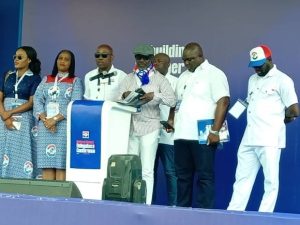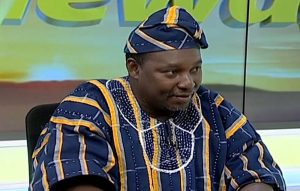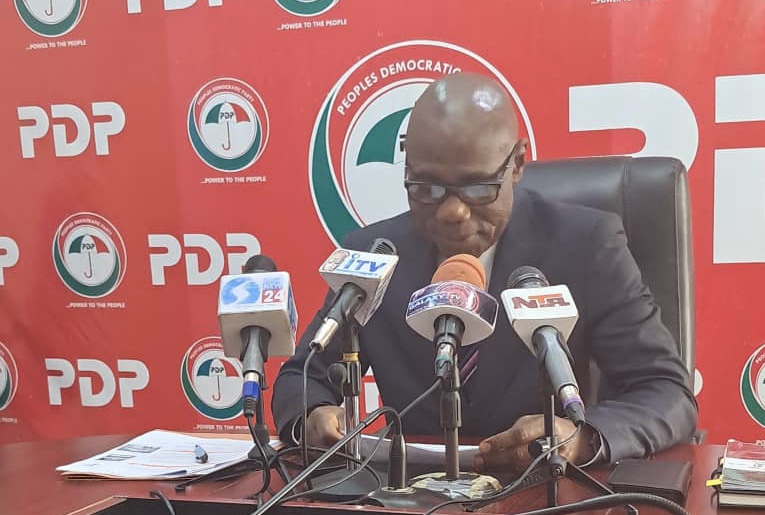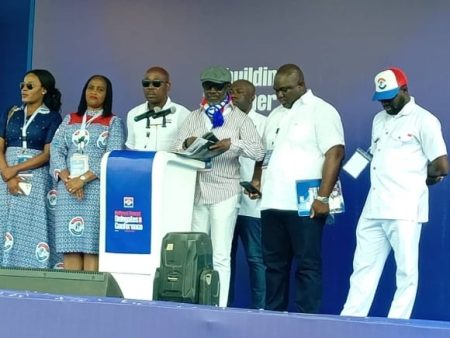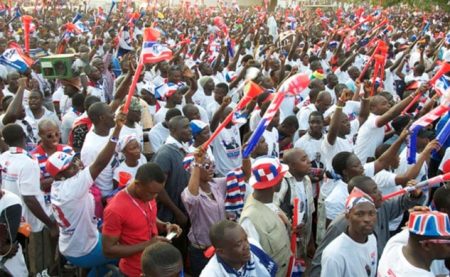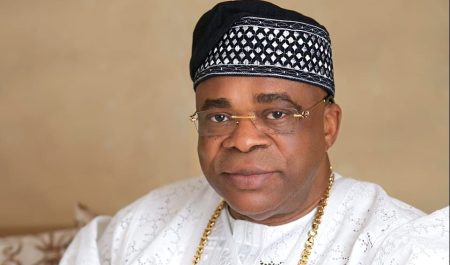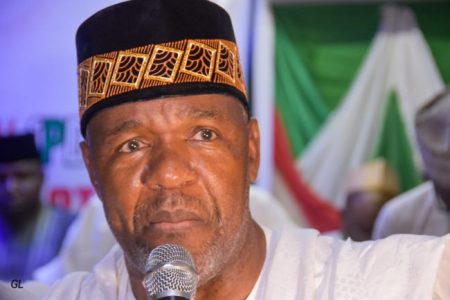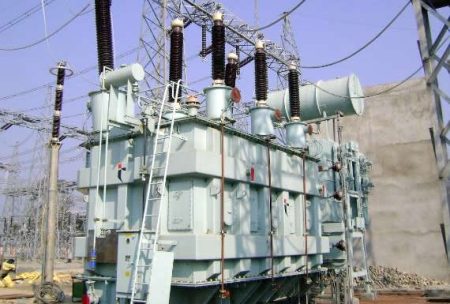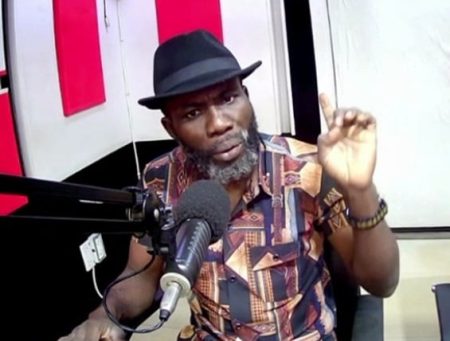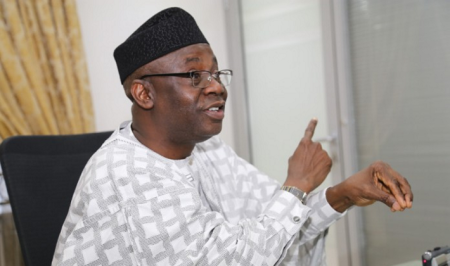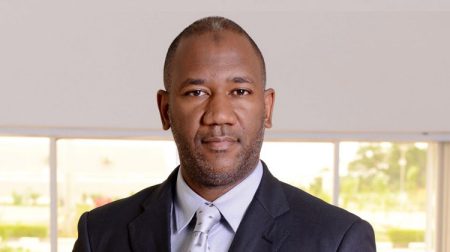The PDP’s Bold Claim: Tinubu, A “Bad Market” and a One-Term President
The Nigerian political landscape is buzzing with anticipation as the Peoples Democratic Party (PDP) launches a preemptive strike against President Bola Tinubu and the ruling All Progressives Congress (APC), setting the stage for a potentially explosive 2027 presidential election. In a recent media briefing, PDP National Publicity Secretary, Debo Ologunagba, didn’t mince words, declaring Tinubu a “bad market” and a guaranteed one-term president. This bold statement, delivered with unwavering conviction, underscores the PDP’s determination to reclaim its position as the dominant force in Nigerian politics. Ologunagba’s assertion paints a picture of a nation yearning for change, disillusioned with the APC’s governance, and ready to embrace the PDP as the only viable alternative.
The PDP’s confidence stems from its perceived widespread support and national reach. Ologunagba emphasized the party’s deep roots within communities across the country, portraying it as a truly “people’s party.” This claim seeks to establish the PDP as the only party capable of unseating the APC, leveraging its established presence and network of supporters to mobilize against the incumbent. The party’s narrative suggests that Nigerians are not only dissatisfied with the current administration but are actively seeking the PDP’s return to power, a claim that remains to be tested at the ballot box.
The crux of the PDP’s argument against Tinubu rests on what they perceive as the APC’s numerous failures. Ologunagba confidently predicts that no patriotic Nigerian, group, or political party will support Tinubu in 2027, citing the alleged hardships and disappointments experienced under the APC’s leadership. This strategy aims to portray Tinubu as a liability, a leader whose policies and actions have negatively impacted the lives of Nigerians. The “bad market” label seeks to resonate with voters, painting a vivid image of a president whose performance has fallen short of expectations and who represents a poor investment for the country’s future.
Addressing recent defections of some PDP members to the APC and other political coalitions, Ologunagba downplayed their significance, emphasizing the organic and formidable nature of the PDP. He insisted that the core membership of the party remains intact, driven by a shared vision and commitment to the PDP’s ideals. He characterized the defectors as individuals motivated by personal gain rather than genuine political conviction, dismissing their departure as inconsequential to the party’s overall strength and popularity. This narrative aims to project an image of stability and unity within the PDP, contrasting it with what they portray as opportunistic maneuvering within other political camps.
However, the political reality is far more nuanced. While the PDP may boast of widespread support, it faces its own internal challenges and a fragmented opposition landscape. The APC, despite facing criticism, remains a formidable force with a substantial following. The emergence of new political alliances and coalitions further complicates the equation, creating a dynamic and unpredictable electoral environment. The PDP’s claim of being the only viable alternative to the APC is a bold assertion that must be substantiated through effective campaigning, strategic alliances, and a compelling vision for the future of Nigeria.
Ultimately, the 2027 presidential election will be a referendum on the performance of the APC and the viability of the PDP’s proposed alternative. The PDP’s early attacks on Tinubu signal a combative and determined approach to the upcoming election. Whether this strategy will resonate with the Nigerian electorate remains to be seen. The next few years will be crucial for both parties, as they navigate the complex political terrain, forge alliances, and articulate their visions for the nation. The battle for the presidency in 2027 promises to be a closely contested and highly significant event in Nigeria’s political history.



